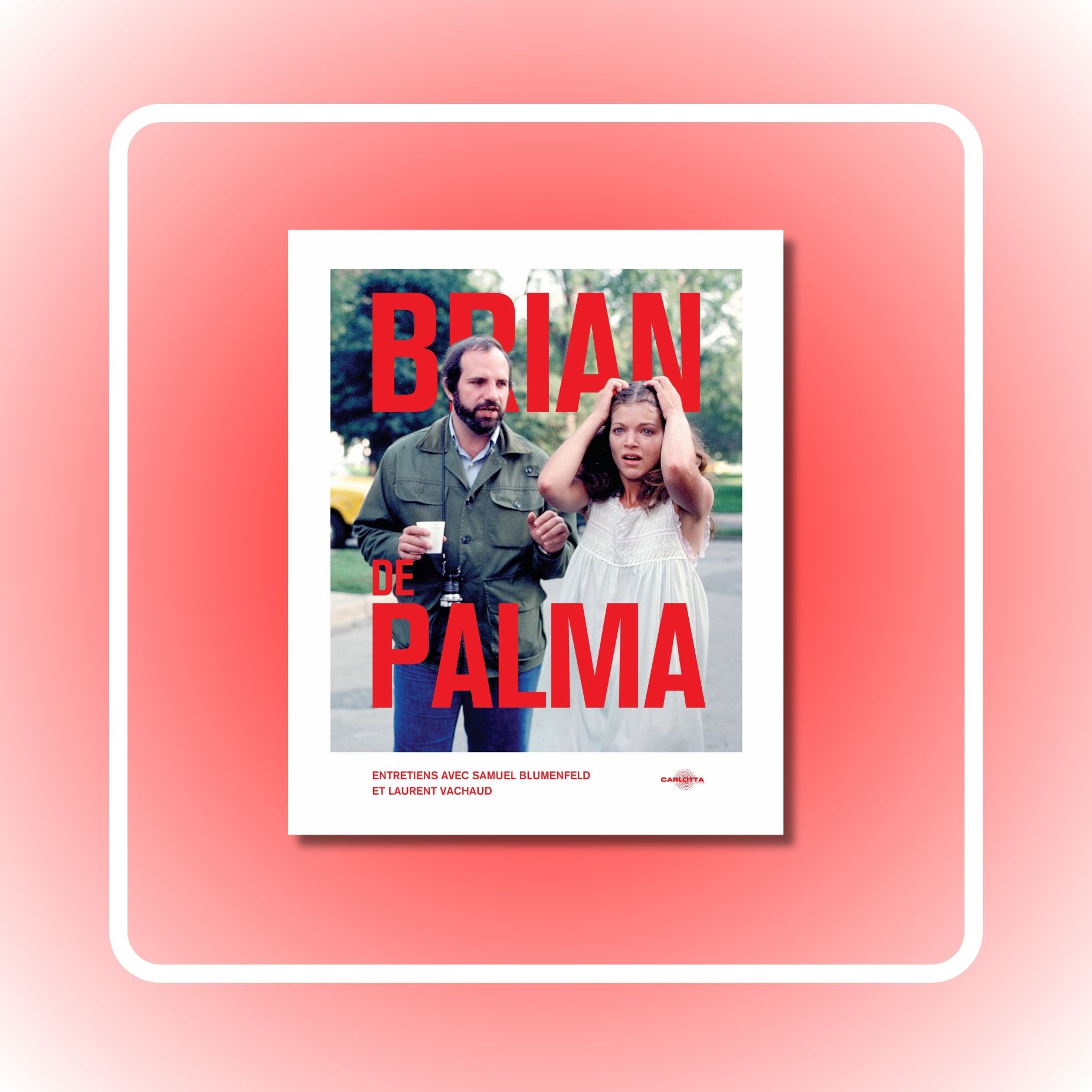
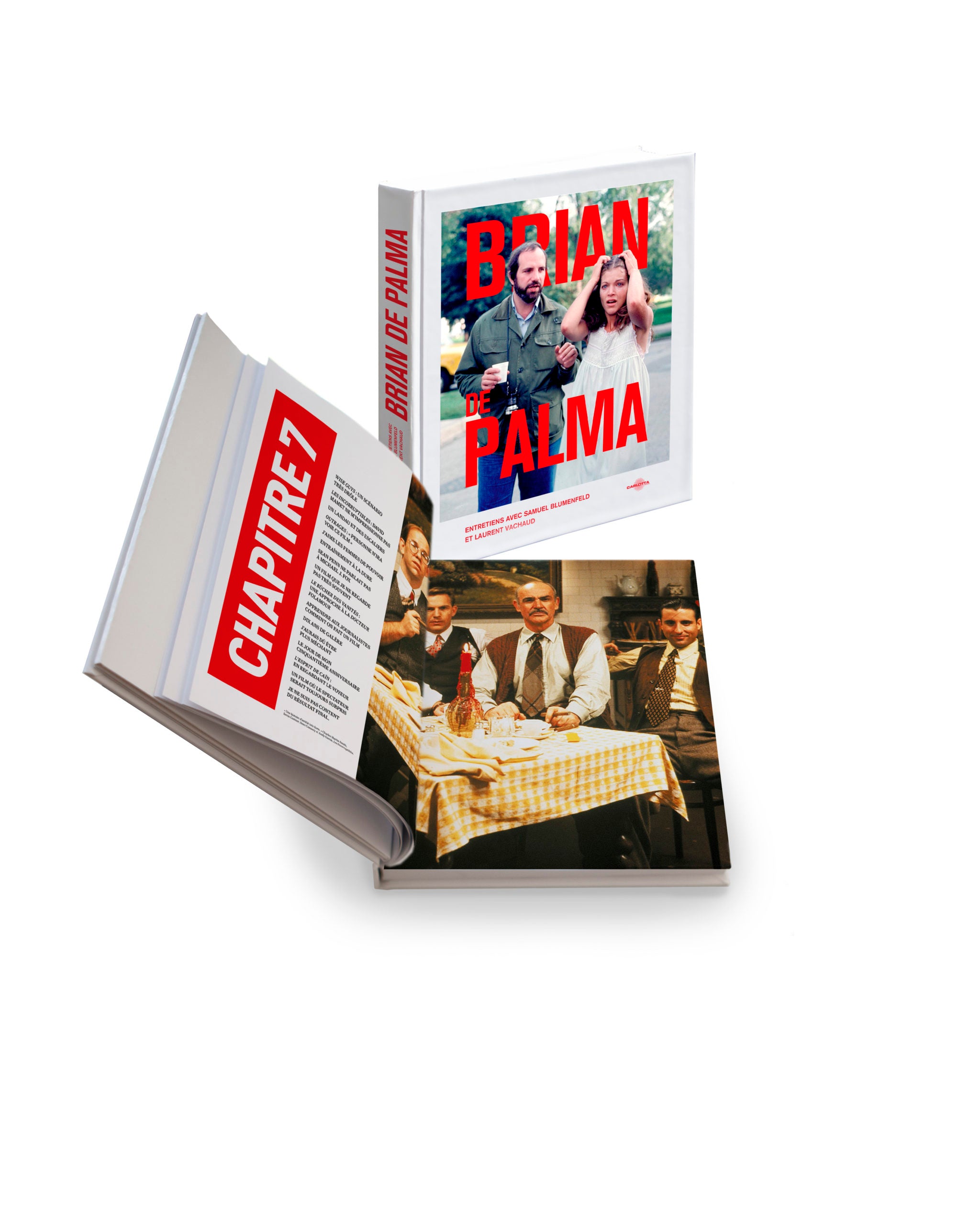
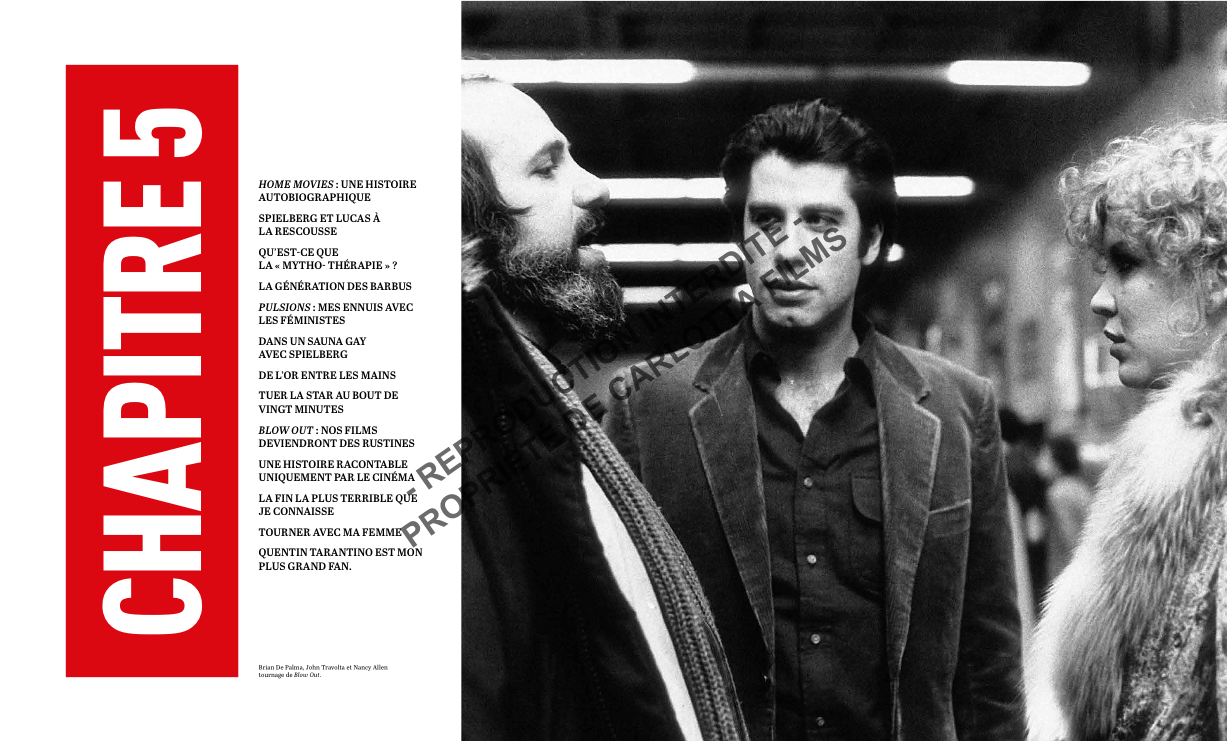
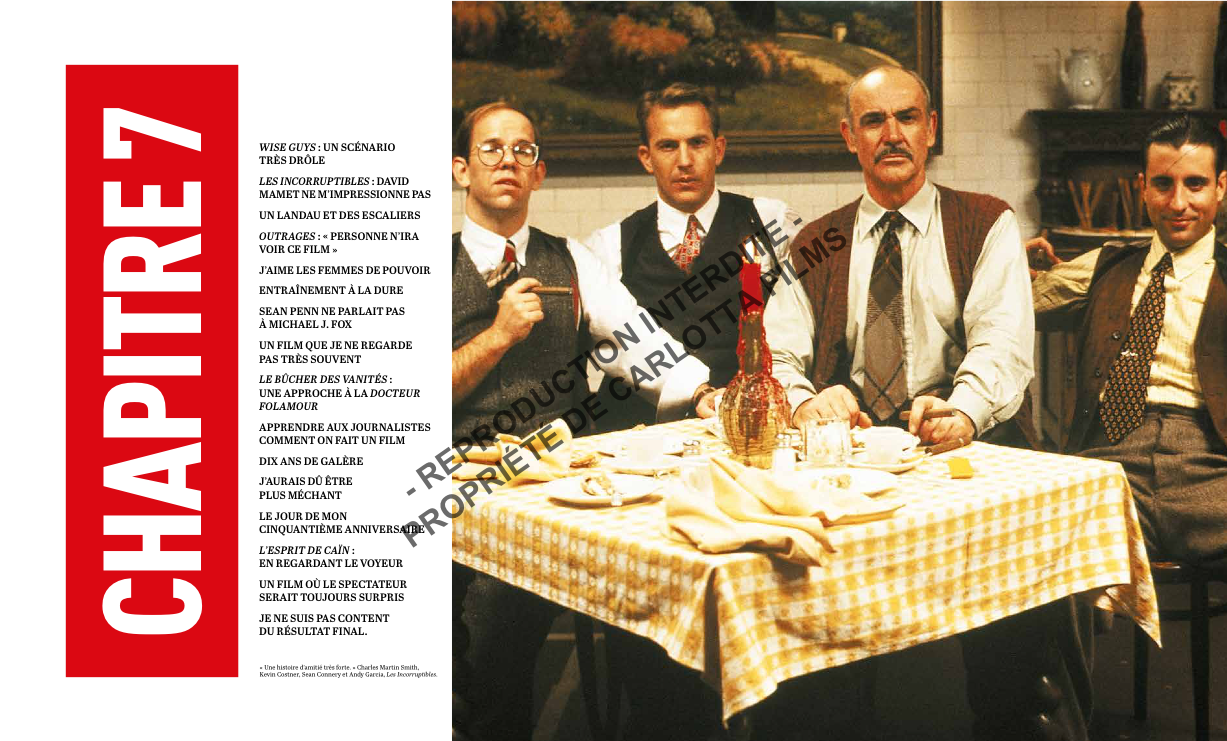
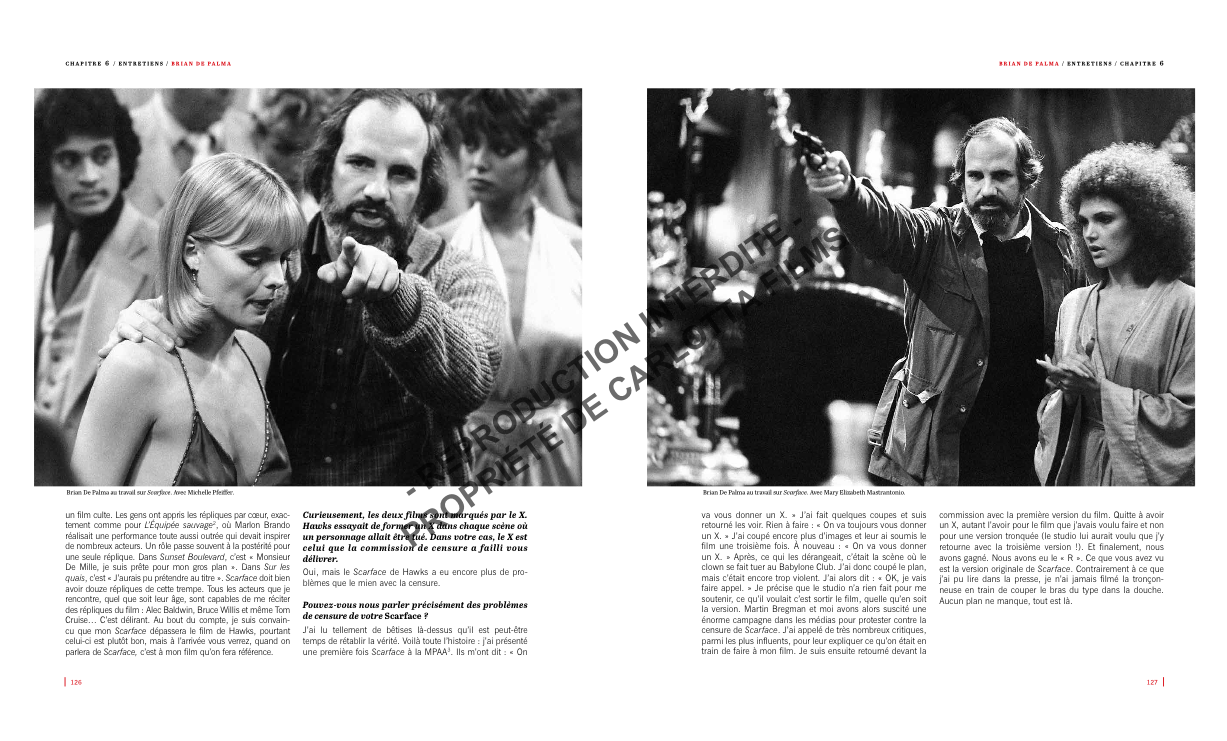
Brian de Palma - Laurent Vachaud and Samuel Blumenfeld
Description
Brian De Palma is one of those wonderboys who has shaken up American cinema over the last thirty years. This immense director has directed 29 feature films, exercising his talent in very different genres. (Thriller, action, fantasy, war, SF and comedy). Brian De Palma is a very discreet filmmaker, not stingy with interviews. And a fortiori with confidences about his work and his life. This book, which is therefore in some way an exploit, appears at the heart of a bibliography that is almost blank on the subject. Published in 2001 and very quickly sold out, the first edition received the Literary Prize of the French Syndicate of Cinema Critics. This is a major book on the director and cinema in general.
organic
The third son of an orthopedic surgeon and a housewife, Brian De Palma grew up in Philadelphia in the shadow of an older brother. Bruce, a brilliant scientist adored by the family. He himself was gifted in electronics. Thus, he enrolled at Columbia University in New York. Marked by the vision, at 18, of Vertigo by Hitchcock (a filmmaker to whom he would never cease to be compared), he discovered with wonder the world of entertainment during his college years.
Brian De Palma made a handful of short and medium-length documentaries and fiction films in the early 1960s. Then, he studied cinema at Sarah Lawrence College. In 1963, he and his classmates shot their first feature film: The Wedding Party with Robert De Niro. A beginner that he presented to his friend Martin Scorsese in 1970. The actor also played in Greetings and Hi, Mom!, fierce and iconoclastic comedies influenced by the New Wave. Finally, the 7th art was a field of experimentation for De Palma, as evidenced by the use of split screen , starting with Dionysus in 1970.
After an unfortunate first Hollywood experience (Get to Know Your Rabbit), De Palma achieved recognition in 1973. With "Blood Sisters", a horror thriller in which he developed two of his favorite themes: the double and voyeurism. It was the first in a series of horror films full of references. Such as the psychedelic Phantom of the Paradise (1974) and Carrie (1976), two films that won the Grand Prix at Avoriaz. This earned him the title of "postmodern" filmmaker.
Informations

